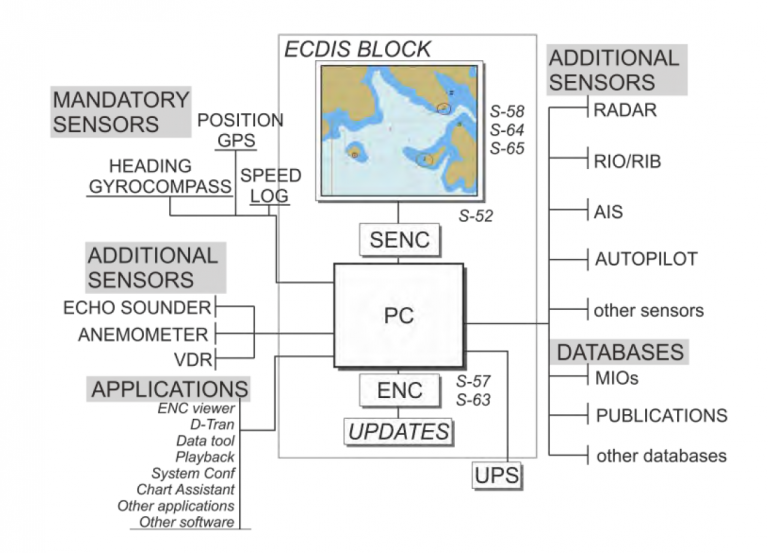
Electronic Chart Display and Information System (ECDIS) is a computer maritime navigational system providing support to Officers Of the Watch (OOW’s) in the execution of main navigational tasks. According to the International Maritime Organization (IMO), the primary scope of ECDIS is a contribution to navigation safety. The system represents an inevitable path towards paperless vessels and digital navigation. It implies, among other, ease of operation, smooth handling and integrity. However, OOW’s are facing difficulties when they are interacting with the system. There are more than thirty official and approved ECDIS system manufacturers with their interface designs and software solutions. The mentioned differences can lead to potential unwanted situations. The aim of the paper is to identify the impact of different systems among navigational ranks, as well as consequences of non-standardized features beyond those regulated in Performance Standards. A dedicated, internationally distributed questionnaire was used to support this study, together with analysis of ECDIS-related marine accidents’ and official detention lists. The research results showed different levels of potential issues. As seen from the OOWs perspective, insufficient standardization of system settings, display presentation, functions and terminology between models represents main observations of the conducted analysis. Maritime accidents’ causes, and detentions of vessels supports these findings, together with observed insufficient knowledge required for proper handling with the system. These potential threats can negatively impact the safety of navigation. The paper discusses the proposal and recommendation of a more simplified, intuitive and user-friendly system which could comply between all manufacturers. A more proper education in conjunction with more simplified Human Machine Interface (HMI) between OOW’s and ECDIS is suggested and the achievement means are discussed. The proposed solutions are oriented towards maritime navigation safety improvement.